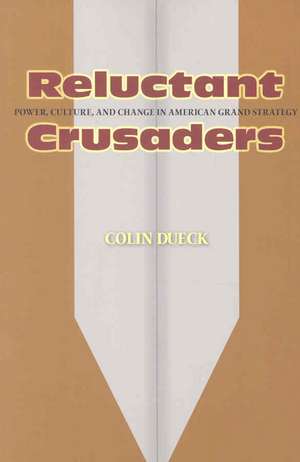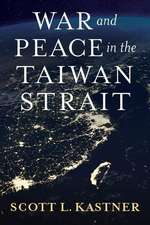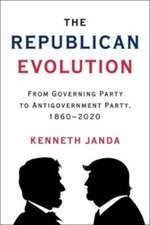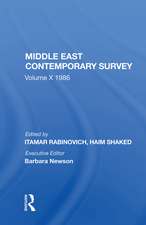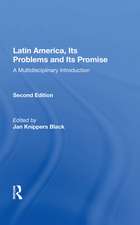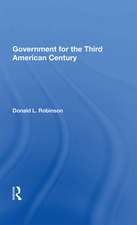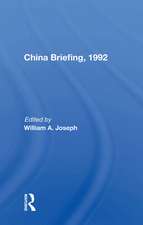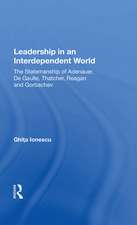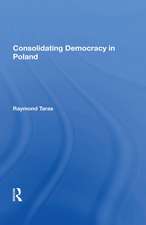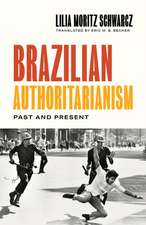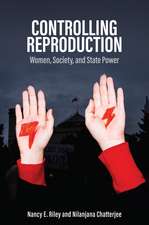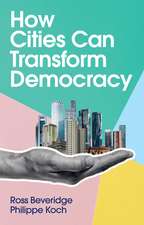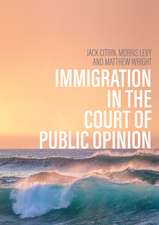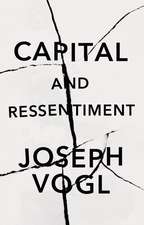Reluctant Crusaders – Power, Culture, and Change in American Grand Strategy
Autor Colin Duecken Limba Engleză Paperback – 5 mai 2008
The centerpiece of Dueck's book is his discussion of America's "grand strategy"--the identification and promotion of national goals overseas in the face of limited resources and potential resistance. One of the common criticisms of the Bush administration's grand strategy is that it has turned its back on a long-standing tradition of liberal internationalism in foreign affairs. But Dueck argues that these criticisms misinterpret America's liberal internationalist tradition. In reality, Bush's grand strategy since 9/11 has been heavily influenced by traditional American foreign policy assumptions. While liberal internationalists argue that the United States should promote an international system characterized by democratic governments and open markets, Dueck contends, these same internationalists tend to define American interests in broad, expansive, and idealistic terms, without always admitting the necessary costs and risks of such a grand vision. The outcome is often sweeping goals, pursued by disproportionately limited means.
Preț: 314.30 lei
Nou
Puncte Express: 471
Preț estimativ în valută:
60.14€ • 62.95$ • 50.06£
60.14€ • 62.95$ • 50.06£
Carte tipărită la comandă
Livrare economică 31 martie-14 aprilie
Preluare comenzi: 021 569.72.76
Specificații
ISBN-13: 9780691136257
ISBN-10: 0691136254
Pagini: 240
Dimensiuni: 166 x 233 x 15 mm
Greutate: 0.35 kg
Editura: Princeton University Press
Locul publicării:Princeton, United States
ISBN-10: 0691136254
Pagini: 240
Dimensiuni: 166 x 233 x 15 mm
Greutate: 0.35 kg
Editura: Princeton University Press
Locul publicării:Princeton, United States
Notă biografică
Colin Dueck is professor in the Department of Public and International Affairs at George Mason University. He studied politics at Princeton University, and international relations at Oxford under a Rhodes scholarship.
Descriere
Examines patterns of change and continuity in American foreign policy strategy by looking at four major turning points: the periods following World War I, World War II, the Cold War, and the 9/11 terrorist attacks.
